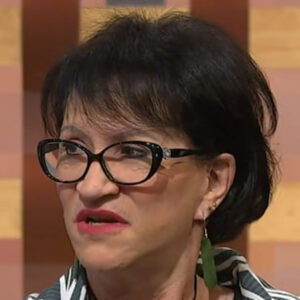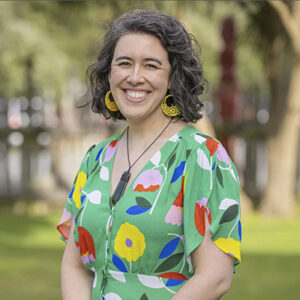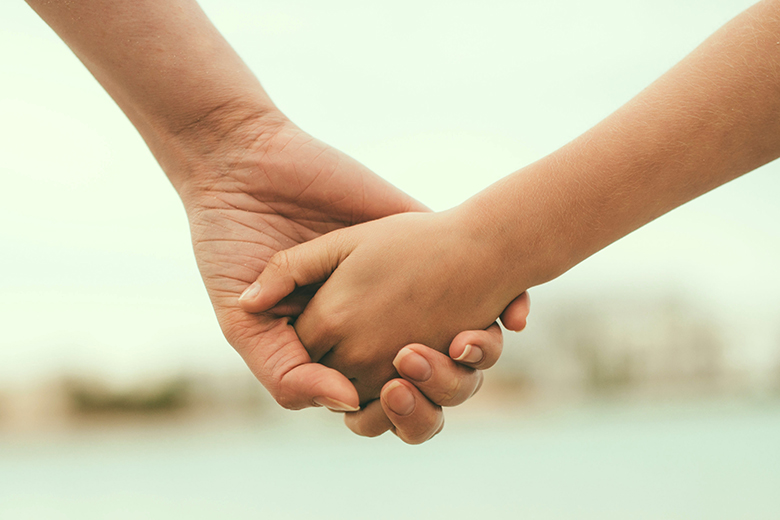A section of the Oranga Tamariki Act 1989 put into place to improve outcomes for tamariki Māori is set to be repealed by the new coalition government. Section advocates say it could spell disaster for the wellbeing of Māori tamariki in state care.
Section 7AA is Oranga Tamariki’s commitment to uphold Treaty of Waitangi principles and ensure policies, practices and services have regard to mana (spiritual power), tamaiti (child), whakapapa (genealogy, lineage, descent), and whanaungatanga (relationship, kinship, sense of family connection).
It focuses on the rights of Māori children to be kept in their own whanau (family).
It came into force on July 1, 2019, after controversial uplifts of pēpi Māori brought scandal to the agency, particularly the uplift of a newborn baby from its mother in Hawke’s Bay. It was part of a raft of amendments to the Children, Young Persons and their Families Act 1989.
It required the Ministry to focus on policies, practices, and services to reduce disparities for tamariki and rangatahi Māori as well as develop strategic partnerships with iwi and Māori organisations.
It was the first time in New Zealand history that Te Tiriti had been mentioned in legislation relating to children.
The changes allowed young people to remain or return to living with a caregiver until the age of 21, with transition support and advice available up to age 25.
The new coalition government intends to repeal this section on the grounds it favours race-based solutions over the best interests of the child.

Well-known advocate for Māori health Jean Te Huia (Ngāti Kahungunu), a midwife with 31 years of midwifery experience, was at the centre of the controversial baby uplift in Hawke’s Bay, and she is horrified the coalition government would consider repealing the section.
“Section 7AA protects the lives of children in state care, majority of whom, 90%, are Māori children,” Te Huia told BayBuzz.
“It requires a respectful and considered discussion take place between Crown, whanau, parents, caregivers. Section 7AA is vital in ensuring that whoever is involved with the child must follow Treaty of Waitangi obligations.”
She said back in 2019, when the uplift happened the unregistered social worker had the power to determine whether the baby’s parents were capable of looking after the baby.
“If we allow this country to allow a social worker the privilege to be able to stipulate whether Māori parents are capable, then we are starting to enter really tricky ground.
“Section 7AA allows for negotiation for the child into care, and safe transfer out of care. It allows for consistent care, and consistency is key.”
She said if the section was repealed a child entering into care could be subsequently adopted without the parents knowledge or consent.
“Simply giving the child back to its parents is not the answer. Intergenerational trauma needs to be addressed for children being returned home from care, and a level of resourcing for the child’s family needs to be maintained. That’s what section 7AA allows.”

Dr Claire Achmad, Chief Children’s Commissioner at Mana Mokopuna – Children and Young People’s Commission, advocates for the rights, interests, and wellbeing of mokopuna Māori as Māori.
She told Baybuzz, “I was not consulted on this policy by the ACT Party or the new government, but nor would I have expected to be, given this formed part of the Coalition agreement which was negotiated between the parties.
“I very much look forward to meeting with Minster Chhour as the new Minister for Children, so I can better understand more about the thinking behind this proposed change relating to section 7AA, and also about the general approach the government is wanting to take on children’s issues.”
Achmad said the section was an important legislative provision because it sets measurable outcomes for mokopuna Māori so that we see less disparities being experienced in our child protection system.
“It also requires government to publicly report on progress to improve outcomes for mokopuna Māori and their whānau, hapū and iwi, and for Oranga Tamariki to work in partnership with whānau, hapū and iwi,” she said.
“Grounded in the UN Convention on the Rights of the Child, mokopuna have the right to grow up safe, in a family environment, and to have access to their culture and identity. For mokopuna Māori, these things are protected under Te Tiriti o Waitangi, too.
“Ideally, all mokopuna should be able to be safe in the care of their immediate whānau – but where this isn’t the case, mokopuna Māori being in the care of their wider whānau, hapū and iwi is what we need to be enabling. Whānau and mokopuna themselves tell me this is supportive of their rights and aspirations.”
She said through Section 7AA, Oranga Tamariki reported improved results with greater whānau, hapū and iwi involvement in decision-making and fewer mokopuna entering care.
“More certainly needs to be done so that mokopuna can grow up loved and safe within whānau, hapū, iwi and as Māori, but the pockets of progress that have been made are encouraging, and I am keen to see these continue to be built on.”
Government responds

“Vulnerable children deserve a colourblind system,” Minister for Children and for the Prevention of Family and Sexual Violence Karen Chhour offers as the reasoning behind repealing Section 7AA of the Oranga Tamariki Act 1989.
Chhour’s response comes after BayBuzz posed questions to her around why 7AA was being repealed.
“While well intentioned, Section 7AA creates a conflict between protecting the best interests of the child and race-based factors enshrined in 7AA. This conflict has the potential to cause real harm to our children,” she told BayBuzz.
“As someone who grew up dealing with Child, Youth and Family, I have deep appreciation of what children need. Each child regardless of race, has their own individual circumstances and family background which means we should never take a blanket race-based approach. Every child should be seen as an individual and their wellbeing must come first.”
She stated online that s7AA of the Oranga Tamariki Act had been used as justification to remove children in state care from loving families because of their ethnicity.
“I will also establish a truly independent monitoring and oversight agency for Oranga Tamariki. Our most vulnerable kids deserve a state care system which is accountable, humane and colourblind.”
Public Interest Journalism funded by NZ on Air

